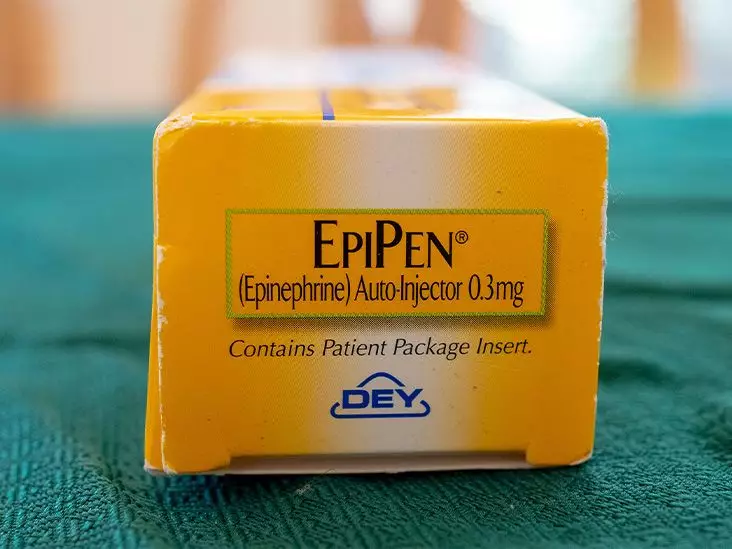EpiPens are an essential tool in treating severe allergic reactions, commonly known as anaphylaxis. These auto-injectors deliver epinephrine quickly, which is crucial in emergency situations. However, the effectiveness of an EpiPen can be compromised once it reaches its expiration date. It’s vital to stay informed about how long an EpiPen can be used after expiration, how to identify signs of expiration, and the risks associated with using an expired EpiPen in an emergency.
A 2019 study conducted in vitro examined the potency of 46 expired EpiPens and generic epinephrine auto-injectors. The study revealed that even six months after the expiration date, these devices retained 100% of their epinephrine content. Furthermore, one year after expiration, the EpiPens maintained at least 95% of the epinephrine. This led to the conclusion that, with proper storage conditions, EpiPens may retain their potency beyond the labeled expiration date. While this data provides valuable insights, it’s crucial to note that the study did not test the efficacy of expired EpiPens in real-life emergency scenarios.
The FDA sets expiration dates for medications to ensure their quality, potency, and purity throughout their shelf life. Although some studies suggest that expired EpiPens may still contain a high percentage of epinephrine, it’s essential to adhere to the FDA guidelines. The agency recommends replacing EpiPens annually to guarantee the efficacy of the active ingredient. Epinephrine is not as stable as other medications and may degrade over time, potentially affecting its ability to treat allergic reactions effectively.
Despite the promising results of certain studies, it is crucial to recognize the signs of an expired EpiPen. An expired device may not display any visible changes in appearance, making it challenging to identify. However, some indicators of expiration include discoloration, cloudiness, or the presence of particles in the liquid. If you notice any of these signs, it’s best to refrain from using the EpiPen and seek a replacement immediately.
While an expired EpiPen may retain some level of epinephrine, there is no guarantee that it will be effective in treating severe allergic reactions. Epinephrine’s chemical instability and susceptibility to degradation raise concerns about the reliability of expired EpiPens during emergencies. Using an expired device poses the risk of inadequate epinephrine delivery, potentially leading to life-threatening consequences. To ensure your safety, it is advisable to replace expired EpiPens promptly and avoid relying on outdated medication during critical moments.
After replacing an expired EpiPen, it’s essential to dispose of the old device properly. You can safely discard expired EpiPens by placing them in a sharps disposal container or returning them to designated collection sites at pharmacies, doctor’s offices, or hospitals. It’s crucial to follow proper disposal practices to prevent accidental needle injuries and environmental contamination. While there is no approved exchange program for expired EpiPens, prioritizing safe disposal remains a crucial step in managing expired medical devices.
The effectiveness of expired EpiPens remains a topic of ongoing research and debate. While some studies suggest that these devices may retain a significant amount of epinephrine post-expiration, the risks associated with using expired EpiPens in emergencies are substantial. To ensure your safety and the effectiveness of treatment, it is best to adhere to FDA guidelines by replacing EpiPens annually and promptly disposing of expired devices. Stay informed, check expiration dates regularly, and seek guidance from healthcare professionals if you have any concerns about using or replacing your EpiPen. Your health and well-being are paramount, and proactive measures are crucial in managing severe allergic reactions effectively.

